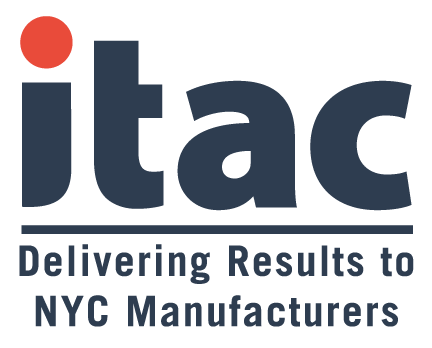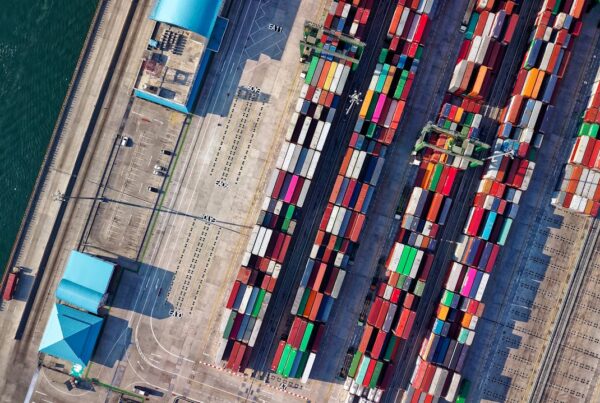The digitization of the business world has brought about a new way of doing things for Original Equipment Manufacturers (OEMs) and B2B companies. These companies will collaboratively use the emerging technologies of sensors, data analytics, the Internet of Things (IoT), and cloud computing to relinquish their full ownership of the assets they need to manufacture their products. They’ll shift their time and money to outsourcing these duties to a manufacturing-as-a-service (MaaS) company to improve their bottom line.
In essence, MaaS companies are contractors for several separate businesses that will evenly share the costs for equipment, software, maintenance, and repairs. This setup creates a sharing economy between businesses and reduces the manufacturing costs for each involved, allowing companies to expand more quickly and efficiently because they’re not forced to pay for the expansion on their own.
Industry 4.0 Is Leading to the Success of MaaS
Industry 4.0 is the reason MaaS is possible, and it has brought us a faster internet, inexpensive cloud computing and storage, and an improved relationship with the IoT. These technologies improve the efficiency of information transmission throughout the supply chain. It enables companies to quickly access data and information to make crucial decisions the moment problems arise, and it allows them to monitor the equipment and facilities they’re using.
By being able to monitor their facilities, companies can visualize their room to grow, and they’re able to analyze the equipment’s performance metrics to identify problem areas and schedule predictive maintenance.
The Importance of an Effective ERP
To realize the benefits of all of these technologies, companies need to be accessible and organized. This can be accomplished through the use of an Enterprise Resource Planning (ERP) system. An ERP system operates off of shared databases that allow employees and decision-makers to access an abundance of information stored in the same place. They’re designed to synchronize data reporting so that it can be made available quicker, and companies are then able to use that data to make efficient and timely decisions.
Many benefits of ERP systems help improve the bottom line of a business, including:
- Improved efficiency of the flow of information
- The ability to make better and more informed decisions
- Reduced manufacturing errors
- Improved insight into business operations
- Increased control of inventory
- Efficient invoicing
The Growing Popularity of MaaS
The popularity of MaaS has been steadily growing and will continue to grow because it makes good business sense. When a company owns and uses its own equipment, it’s almost inevitable that there will be times when the company is not using the equipment. It’s great for a company to have access to their equipment all the time, but when it’s not in use, they’re essentially losing potential profit while still paying for the equipment and other overhead.
Many companies have turned to MaaS because they only have to pay for the equipment when they’re actively using it. When they’re not using it, another company pays to use it instead. This process limits the necessary costs that a business needs to incur, and thus decreases its expenses and improves the bottom line. The concept of asset sharing benefits all the parties involved.
One example of manufacturing-as-a-service performed admirably, and at scale, is Techniplas. The company’s MaaS-specific offshoot, called Techniplas Prime, reached a milestone recently when it completed its 40 millionth part produced on behalf of its partners — an accomplishment achieved since a 2018 launch of the Prime partner program.
Today, Techniplas enjoys collaborative relationships with 25 Prime partners, which they envisioned as a 3D printing-based “e-manufacturing platform” for use by the manufacturing industry. They have invoked comparisons to another sharing-based company — many call it the “Airbnb of e-manufacturing.”
Another company — a Netherlands-based business called 3D Hubs — demonstrates an interesting way to get a portfolio of separate MaaS partnerships off the ground. The company originally built a hub to share 3D printers between manufacturing companies that didn’t want to invest in their own. But soon enough, 3D Hubs began fielding requests to offer the same set of services for traditional manufacturing. Today, the company facilitates the delivery of manufacturing services for clients of all shapes, sizes, and needs.
A Lower Barrier of Entry for All
Many more companies are now able to get up and running quickly because MaaS lowers the barrier of entry into an industry. The fact that these smaller startup companies do not have to purchase their own costly equipment, and then pay to maintain them, really helps lower their initial costs. As a result, these companies are more likely to be purchased by distributors, because they can charge a lower price and still maintain the same margins.
With the collaboration of blockchain technology and MaaS, the barriers to enter an industry have been drastically reduced. Blockchain technology helps speed up transactions, verifications, and a variety of back office processes without costly IT integration. This change removes intermediaries and, in turn, allows companies to sell customized products at a lower cost.
This implementation also creates a pay as you go philosophy when it comes to manufacturing orders, so companies can manufacture their products at the rate of market demand. The new rate is beneficial because they no longer have to carry a large quantity of inventory. Smaller companies can also utilize blockchain technology to secure patents and rights to digital assets, which reduces the risk of larger companies stealing their ideas. These advantages have only added to the popularity of MaaS because it can be extremely beneficial to younger companies and startups.
The Flexibility of MaaS
The implementation of MaaS offers an abundance of flexibility to companies. It allows them to decide how much inventory they want to manufacture and when without the worry of having equipment sit idle on the floor and depreciate in value without earning anything back for the company. MaaS has changed how companies operate and how goods are produced and distributed globally. The practice improves efficiency and profitability — and provides accessibility for a wider variety of resources and technologies — for all parties involved.
The manufacturing industry needs to efficiently utilize the benefits of the technological advances our world is experiencing. MaaS can save businesses so much time and money that we should see a dramatic rise in the number of companies taking advantage of such services in the near future and beyond. MaaS encourages productive collaboration and creates a less wasteful sharing-based economy, where everyone stands to benefit if they’re willing to work in tandem with other companies and share ownership of the process.
The insight is from BossMagazine.com. You can read the full article by clicking here.






